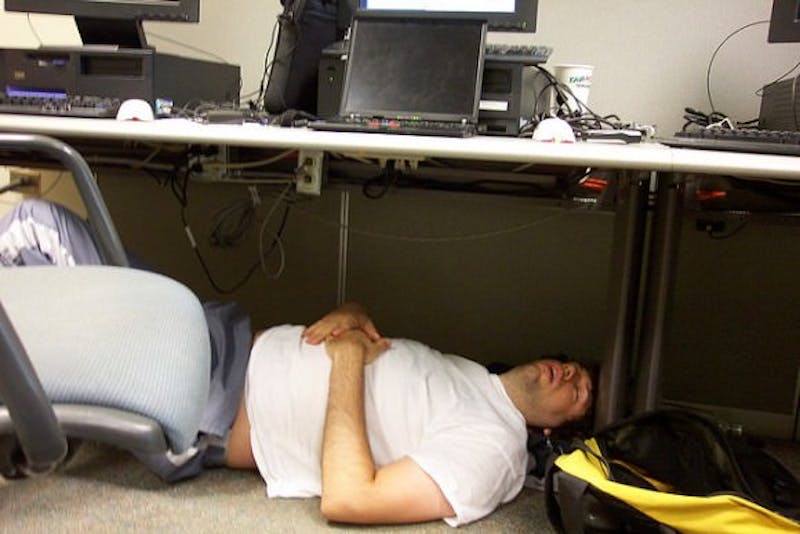Jul 28, 2023

In today’s world, people are constantly busy. They often work incredibly long hours, have a very full social life and are involved with a number of sports and community activities. Unfortunately, sleep often suffers, as more and more is crammed into each waking moment. It is important to note that the amount of sleep that people get has been strongly correlated to a number of different aging processes wherein the less sleep you get, the faster you age.
Metabolism and Hormone Production
Chronic sleep deprivation can hinder metabolism and hormone production in much the same way as the effects of aging does. With an aging body, the metabolism gradually declines, making it harder to burn calories, and can lead to an increase in excess weight. Many important hormones decrease production during the aging process including estrogen and prolactin in women, testosterone in men, as well as growth hormones, renin, aldosterone and calcitonin. Other hormones actually increase production with age, including norepinephrine, parathyroid hormones, luteinizing hormones and follicle stimulating hormones.
Results of Sleep Deprivation Study
One research study found that men’s blood sugar levels took 40% longer to drop following a high-carbohydrate meal during periods of sleep deprivation. They also lost 30% of the ability to respond to and secrete insulin, which works to regulate the body’s blood sugar. This group of men also had higher nighttime concentrations of cortisol, which works with insulin to regulate blood sugar, along with lower levels of thyroid-stimulating hormones. The results mimicked hormone levels that are often seen in a much older population. These levels are thought to be involved in age-related insulin resistance as well as memory loss.
Sleep as an Anti-Aging Tool
With the results of sleep deprivation often having the same results on the body as aging, it has been discovered that increased amounts of restorative sleep can be used as a popular anti-aging tool. During sleep, the body is given the time to focus on repairing damage on a cellular level as well as rejuvenating it. The average night’s sleep for an adult in developed countries has dropped from 9 hours in 1900 to 7.5 hours one hundred years later. Sleep can be affected by many factors including depression, alcohol, work, stress, grief, indigestion and strong feelings of any kind. All of these factors also contribute to the aging process, making it especially important to get rest during times of stress.
Cognitive Aging
Not only is sleep important as an anti-aging tool when it comes to general health, immunity, proper hormone levels and metabolism levels, it is also important to one’s cognitive well-being. During sleep, the brain remains active, committing things to memory, working through the day’s issues and solving problems. The Alzheimer’s Association has conducted a number of studies about sleep that show that chronic sleep disorders and excessive sleepiness are linked with a greater risk of cognitive decline. One large study showed that women who sleep more than 9 hours or less than 5 hours every night scored significantly lower on cognitive tests than women who slept 7 hours per night.
The effects of getting the proper amount of sleep can be an important part of defying the aging process. To help ensure a good night’s rest, exercise regularly, maintain a consistent schedule for sleeping, reduce stress with meditation, yoga or breathing exercises, make your bedroom comfortable and maintain a healthy diet.
Image Source: Flickr/Adam Goode





